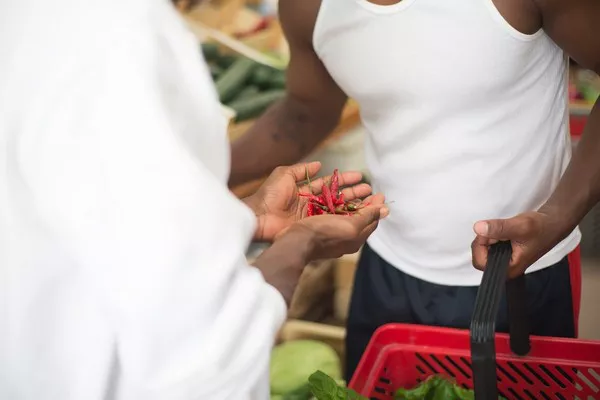In a move that further postpones the burden on food importers, the UK government has once again delayed the implementation of post-Brexit checks and charges on food imported from the European Union (EU).
This delay marks the fifth time that planned changes to import arrangements for farm and food imports have been pushed back. The decision comes amid growing concerns about rising food price inflation.
For the first time, the government has acknowledged that these additional regulatory measures and charges will contribute to overall inflation, albeit by a relatively modest 0.2%. The revised schedule sets the introduction of checks for the end of April 2024.
While the delay is in response to Treasury concerns about the impact on food prices, the eventual enforcement of these changes next year will still have consequences for consumers.
One factor contributing to this extra inflation in food imports is the introduction of a “common user charge” on “each consignment” arriving through Dover or the Eurotunnel, where it will undergo inspection at the new facility in Sevington, Kent. This charge could reach as high as £43, posing a manageable challenge for larger importers but proving prohibitive for smaller European food importers.
Additionally, consignments will require costly approval from accredited veterinarians. These additional checks and charges represent a significant shift from the years of frictionless trade that characterized UK-EU relations.
Farming groups have voiced concerns that, while British exports are subject to the full spectrum of EU controls, EU exports to the UK continue to pass through with minimal friction, creating an uneven playing field. There are also biosecurity concerns arising from the lack of checks.
Although the food industry has generally welcomed this delay, which shifts the primary changes to the spring when the UK is less reliant on EU food imports, it has already coined the term “food import tax” to describe the additional charges and regulatory hurdles.
Some industry insiders remain skeptical about whether these changes will occur at all, given their proximity to a potential general election next year. Nevertheless, government officials maintain that the measures will proceed, emphasizing their efforts to minimize the extra bureaucracy.
The latest model for the UK trade border operation justifies these changes by highlighting the potentially severe economic consequences of a major outbreak of plant or animal disease compared to the 0.2% increase in inflation.
In response, the Labour Party has signaled its intention to negotiate a veterinary deal with the EU if it wins the next election. Nick Thomas-Symonds, the party’s trade spokesman, outlined this strategy, emphasizing the central goal of ensuring affordable access to food despite the anticipated increase in costs due to checks. He mentioned a bespoke British negotiation, drawing on precedents set by EU deals with Switzerland and New Zealand, which have minimized the need for additional bureaucracy and charges on food trade with Europe.
However, such an approach could limit the UK’s ability to diverge from EU regulations on various issues, including gene-editing and certain fertilizers. Thomas-Symonds stressed that the Labour Party is not interested in a “race to the bottom” regarding standards.
As the political landscape remains uncertain, the food industry is keeping a close eye on upcoming elections and the possibility of reversals or further delays in the implementation of these checks. The prospect of a sixth delay remains a possibility.

